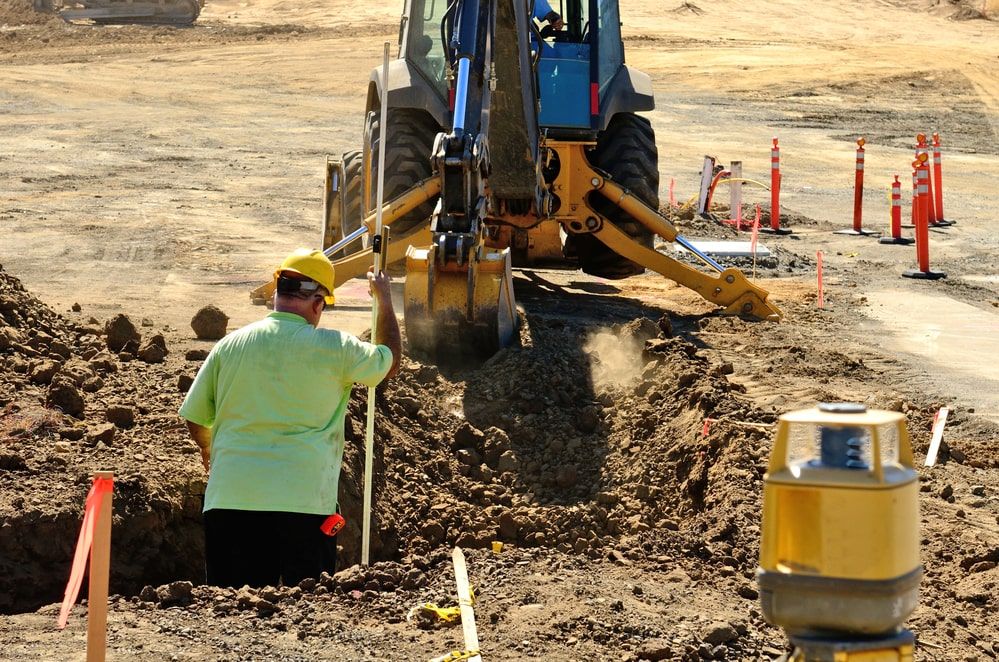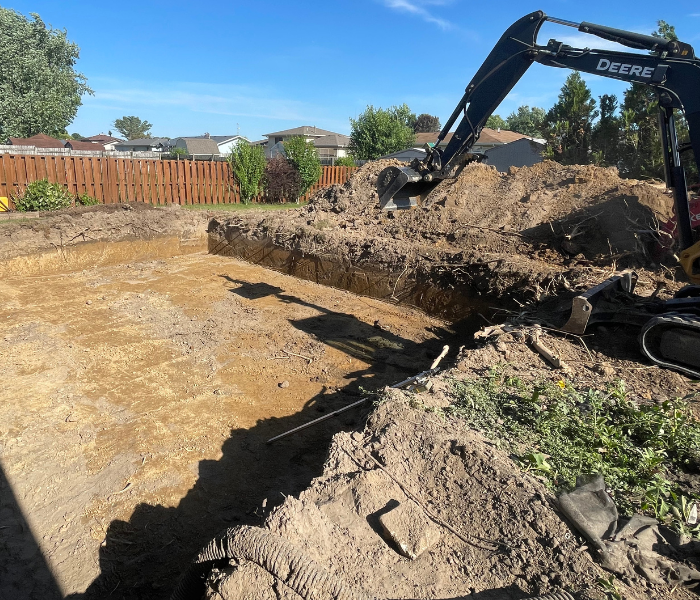Comprehensive Excavation Methods: Grasping the Basics for Success
In the realm of building and construction and civil design, the value of reliable excavation strategies can not be overstated. The mindful preparation, exact implementation, and careful focus to information required in excavation jobs demand a detailed technique that includes various basic facets. From preliminary dirt evaluation to the execution of security procedures and routine progress monitoring, mastering these core aspects is crucial for attaining success in any type of excavation undertaking. Nonetheless, the true mastery lies not merely in comprehending these fundamentals but in seamlessly integrating them to browse the intricacies of excavation projects with finesse.
Comprehending Excavation Project Planning

The first stage of any kind of excavation project is the planning phase, where critical choices are made that can significantly affect the end result of the task. Comprehending the project budget plan, range, and timeline constraints is vital for developing a thorough excavation strategy that makes sure the task's success.
One key aspect of excavation task preparation is the advancement of an in-depth timeline that lays out the sequence of deadlines, landmarks, and activities. This timeline acts as a roadmap for the job team, allowing them to track progress and make necessary modifications to ensure the task remains on schedule. Furthermore, a distinct budget that makes up all expenditures, consisting of devices leasing, labor expenses, and materials, is crucial for staying clear of price overruns and delays. By meticulously considering all these factors during the drawing board, excavation tasks can be executed effectively and successfully, resulting in successful end results.
Dirt Analysis and Site Analysis
Conducting extensive soil analysis and site evaluation is a critical action in the prep work phase of any kind of excavation job. Dirt evaluation involves figuring out the structure, framework, and properties of the soil at the excavation site. This details is essential for understanding the dirt's bearing capability, dampness material, and potential for erosion, which are key consider identifying the excavation techniques and tools required for the job.
Website assessment surpasses dirt analysis and includes a more comprehensive assessment of the general site problems. This evaluation includes determining any potential dangers, such as below ground utilities, ecological worries, or unpredictable surface, that might affect the excavation process. By completely examining the site, project managers can create reliable excavation methods that prioritize safety, performance, and ecological protection.
Utilizing sophisticated technologies like ground-penetrating radar, dirt sampling, and drone surveys can improve the precision and performance of soil evaluation and site assessment. Spending time and sources in these initial actions can eventually save time and stop pricey like this hold-ups or issues throughout the excavation procedure.
Equipment Option and Usage
Efficient excavation projects count greatly on tactical tools selection and usage to guarantee optimal performance and efficiency. Choosing the ideal devices for the task is crucial in taking full advantage of performance and lessening downtime. Factors such as the sort of dirt, depth of excavation, and project range play a considerable role in identifying one of the most ideal devices for the task at hand.

Along with picking the ideal tools, correct application is key to task success. Operators has to be trained to take care of the equipment safely and effectively - septic ohio. Regular maintenance checks and timely fixings aid avoid break downs and make certain regular performance throughout the project
Safety Steps and Rules Conformity
In the world of excavation tasks, focusing on precaution and compliance with regulations is critical to guaranteeing a lawfully audio and protected functional atmosphere. Safety and security procedures encompass a variety of methods, consisting of performing detailed website analyses, implementing correct signage and obstacles, and supplying sufficient security training for all workers associated with the excavation procedure. Adherence to policies, such as OSHA requirements in the United States, makes sure that the excavation job satisfies the needed requirements to secure employees, bystanders, and the surrounding setting.

Monitoring Progress and Adjusting Methods
How can predict managers properly track the development of excavation projects and adjust their methods accordingly to enhance outcomes? Surveillance progress is crucial for making sure that excavation projects remain on track and satisfy deadlines.

Conclusion
To conclude, grasping the principles of comprehensive excavation approaches is essential for the success of any job. By recognizing project preparation, analyzing soil and site problems, picking suitable devices, following safety laws, and monitoring development, job Discover More Here supervisors can guarantee a reliable and smooth excavation procedure. Applying these approaches will certainly bring about successful end results and minimize prospective threats or troubles during the excavation job.
The first stage of any kind of excavation task is the planning stage, where important decisions are made that can dramatically influence the result of the task. Comprehending the project spending plan, scope, and timeline constraints is crucial for creating a thorough excavation plan that guarantees the job's success.
How can predict managers successfully track the innovation of excavation tasks and adapt their approaches appropriately to maximize end results? By carefully checking progress and being willing to adjust strategies, task managers can improve the total success of excavation projects.
By comprehending job planning, assessing dirt and website problems, choosing proper tools, conforming with safety regulations, and keeping track of progression, task supervisors can ensure a smooth and effective excavation process.